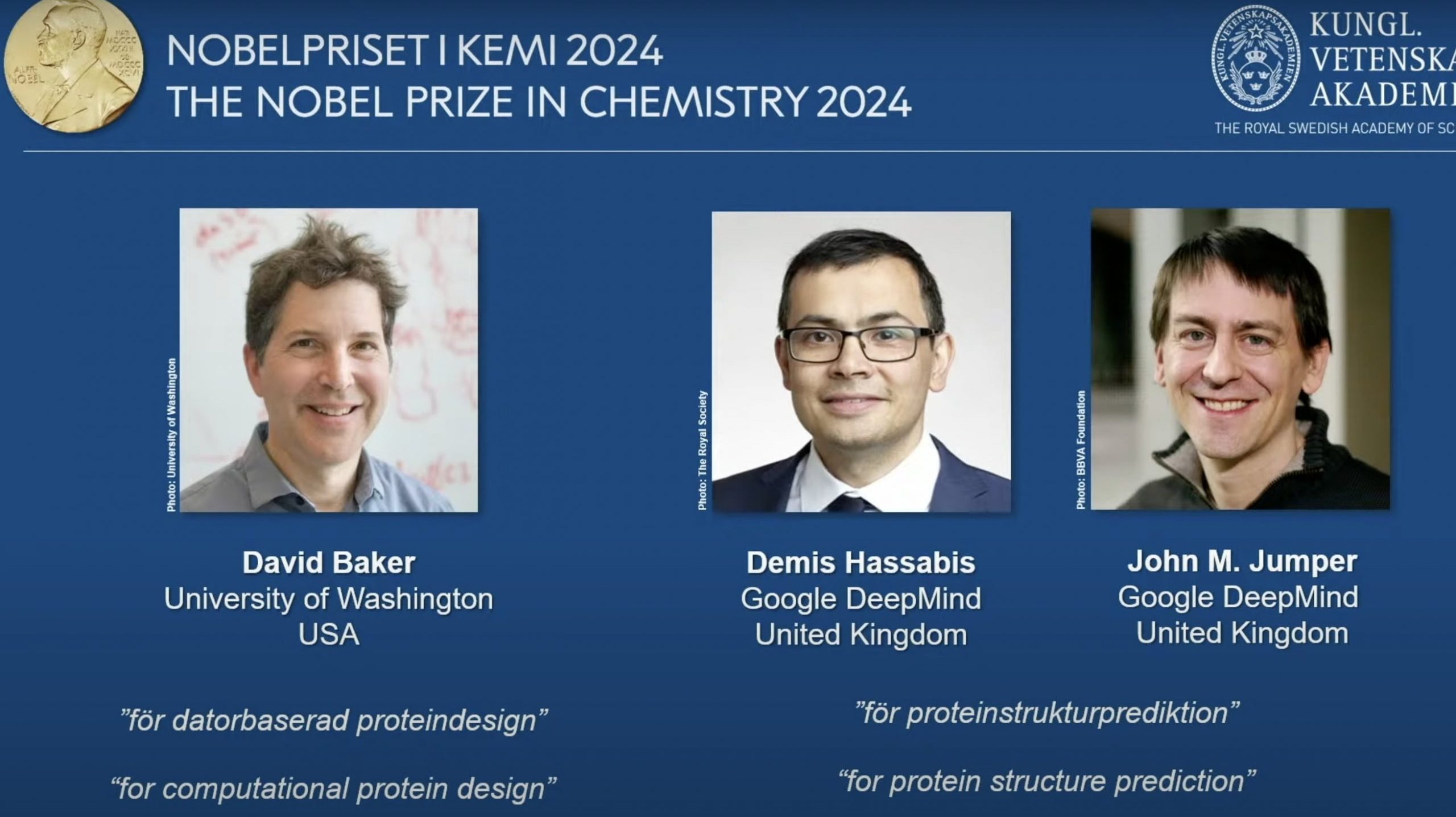SINGAPORE: Dr Demis Hassabis, one of the 2024 Nobel Prize winners in Chemistry, described Singapore as a “magical futuristic world,” a place that influenced his early passion for technology, as reported by AsiaOne.
He was awarded the prize on Oct 9, along with Dr John Jumper and Dr David Baker.
According to The Straits Times, Dr Hassabis and Dr Jumper of Google DeepMind, were recognised for their work in using artificial intelligence (AI) to predict the complex structure of proteins.
This innovation has accelerated the discovery of new medicines and the development of biological tools.
Born to a Chinese Singaporean mother and Greek Cypriot father, Dr Hassabis, 48, spent summers in Singapore until age 10.
In an interview with The Straits Times, he said that during those visits, he was exposed to gadgets and video games sold in Singapore from Japan, which were hard to find in Britain then.
He remembers buying a Nintendo Game & Watch featuring Donkey Kong in Singapore, which became his favourite.
His parents were teachers, and he described them as “technophobes.” According to him, his father did many things, including being a singer-songwriter, while his mother worked at the John Lewis department store.
He told The Standard, “Neither of them are technical at all, which is quite bizarre.”
In an interview with The Guardian, he said, “My parents are technophobes. They don’t really like computers… So, yeah, it’s weird. I’m not quite sure where all this came from.”
Dr Hassabis referred to himself as an “alien black sheep,” noting that, like his parents, his siblings also took the “artistic route.”
By the age of eight, he was teaching himself how to write computer programs, and he became one of the top under-14 chess players in the world.
After studying computer science at the University of Cambridge, he went on to start his own video game company. Later, he returned to university to pursue a PhD in neuroscience.
In 2010, Dr Hassabis co-founded an AI start-up, DeepMind, which was bought by Google in 2014 for US$650 million (S$848 million).
Reflecting on his time in Singapore, Dr Hassabis said the city-state played a key role in shaping his interest in technology. He described Singapore as a “magical futuristic world.”
When asked what it would take for Singapore to attract innovators like himself, Dr Hassabis explained that the city-state would need to build a “critical mass of people” to create a company like DeepMind.
He said, “You probably got enough of the ingredients. You got money, government will, and very smart people and top universities, and it’s a highly technological society. You may just need the right entrepreneur or leader to pull it all together.”
After receiving the Nobel Prize, Dr Hassabis told Reuters that the experience felt “totally surreal” and “quite overwhelming.”
Commenting on the ongoing debate around artificial intelligence, he pointed out that, like any powerful, general-purpose technology, AI can be used for harm if it falls into the wrong hands or is used for the wrong ends. /TISG
Read also: Singapore ranked 4th as the most popular summer destination for international travellers

